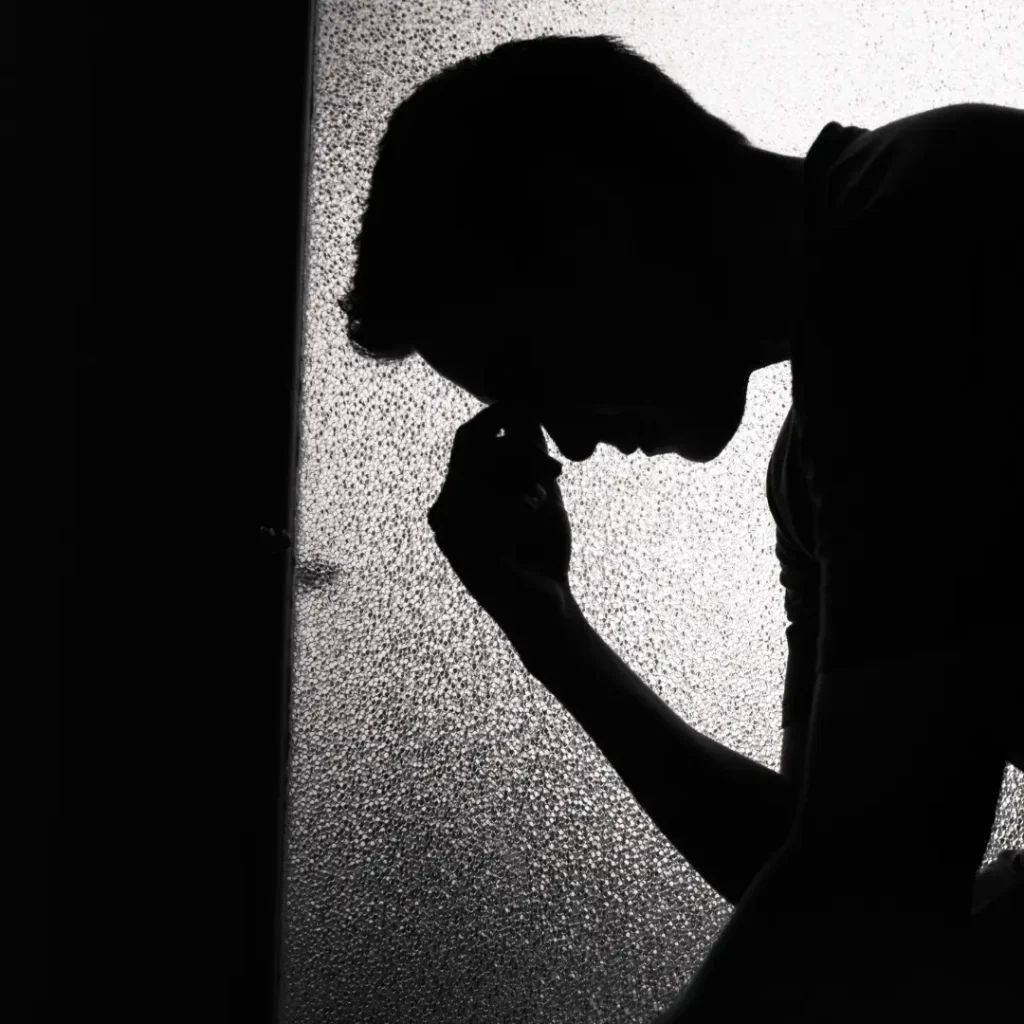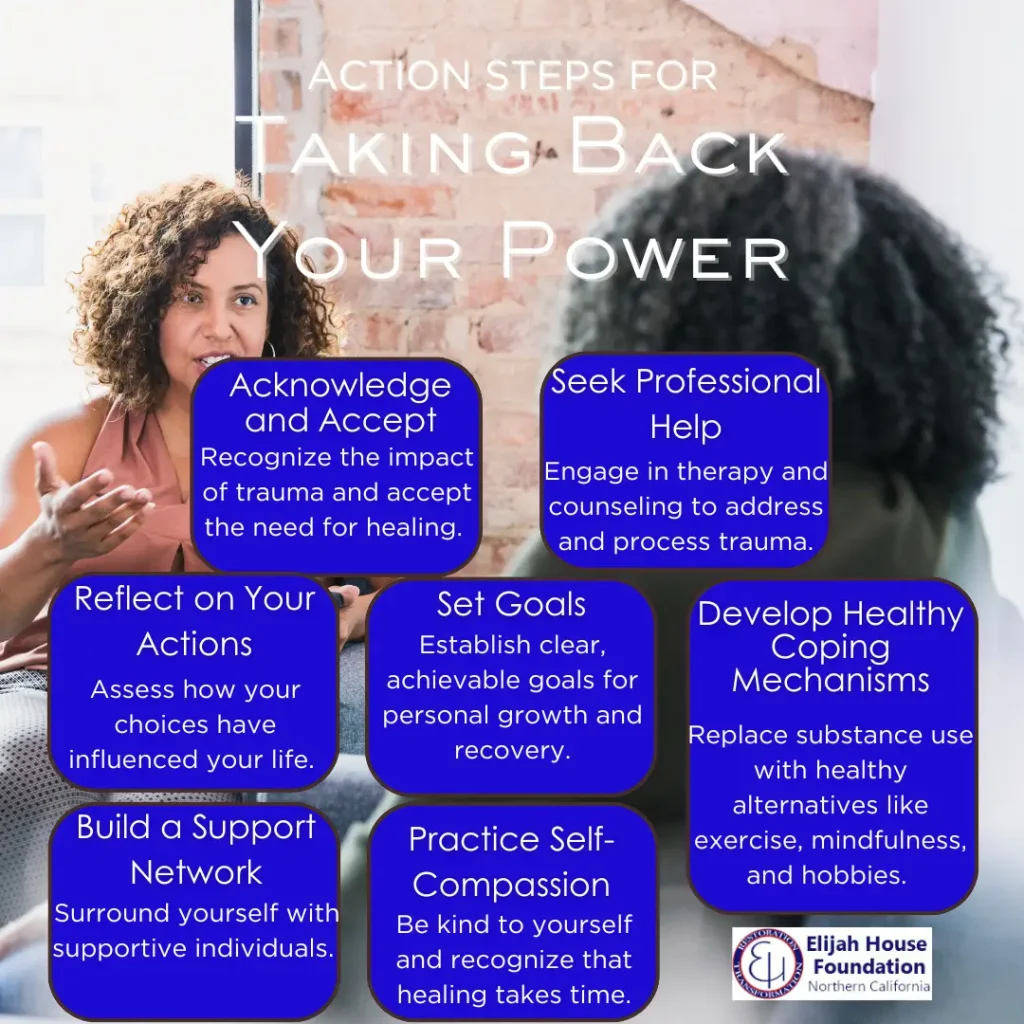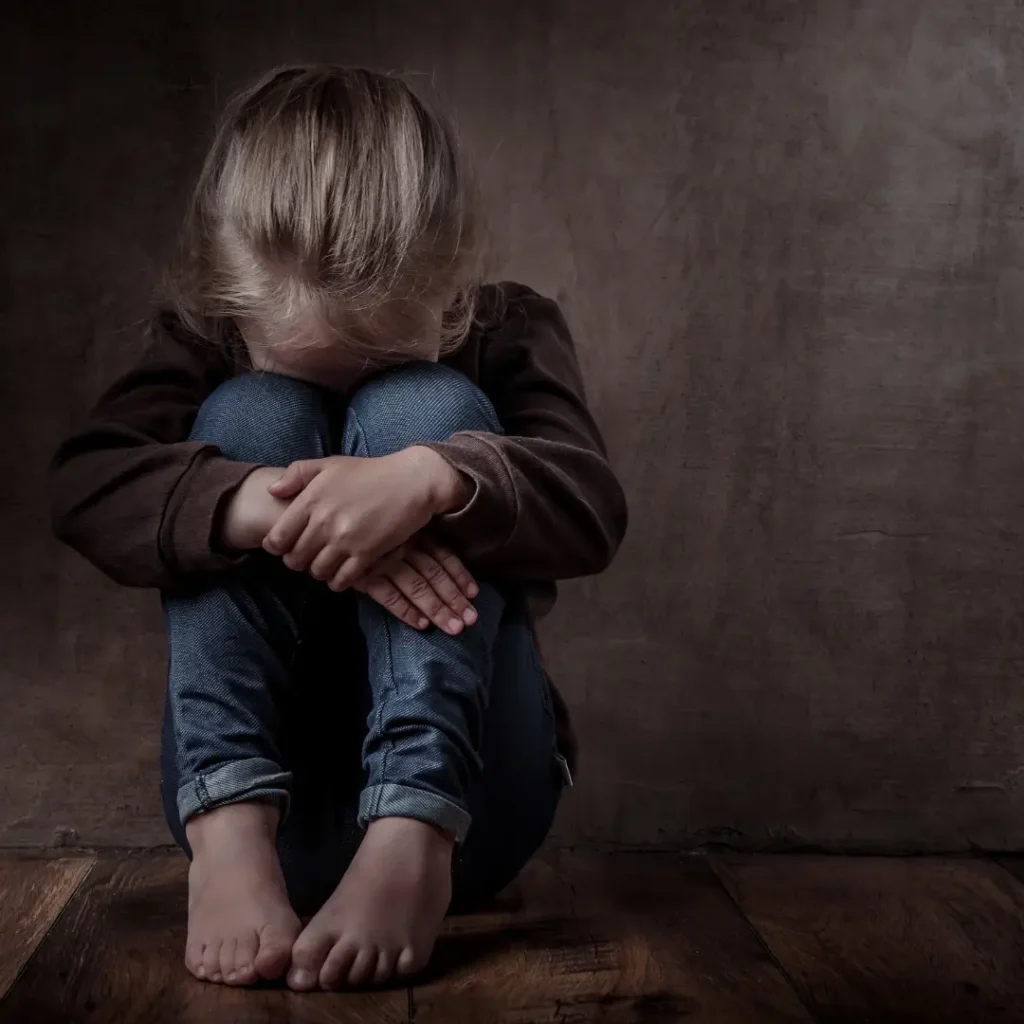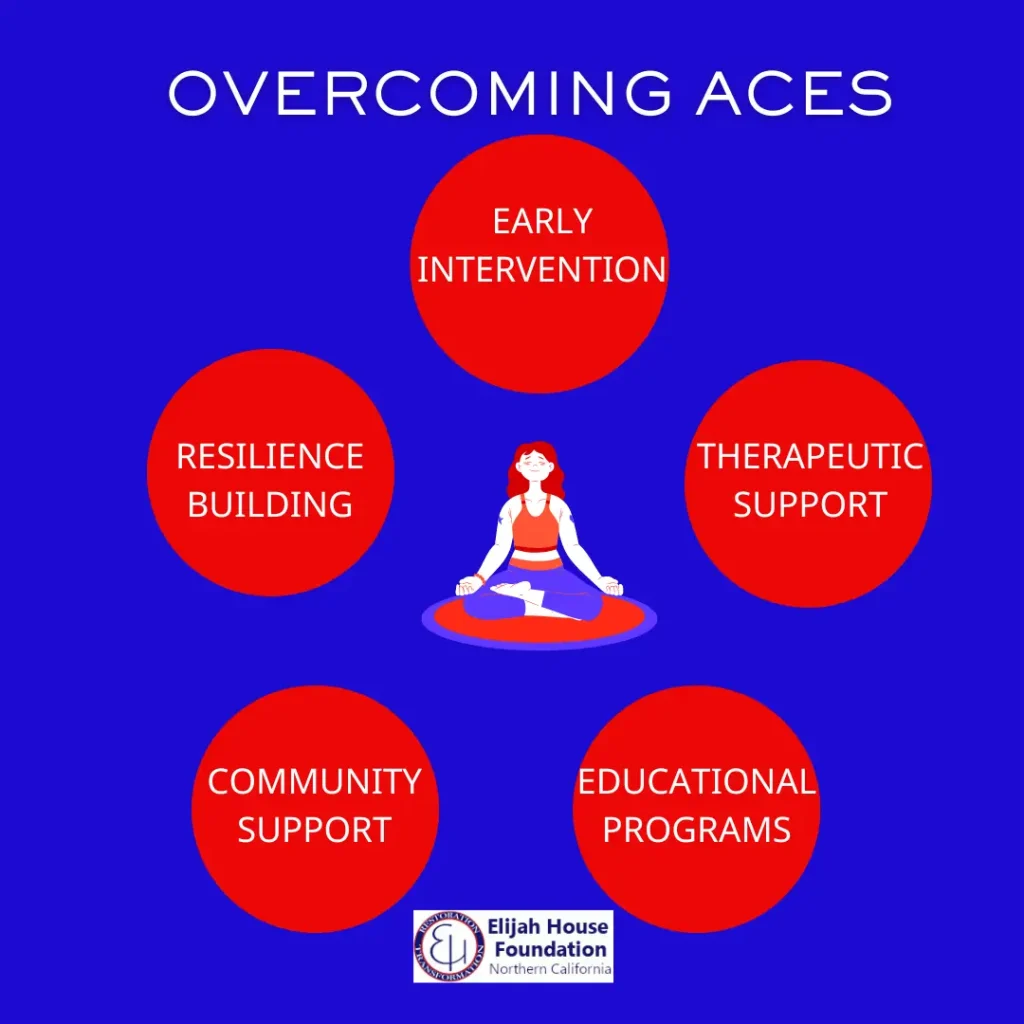
Co-authored by Prairie Francia and ChatGPT
Understanding Trauma and Its Impact
Trauma significantly affects individuals, often leading to self-sabotage and substance abuse. According to the Substance Abuse and Mental Health Services Administration (SAMHSA), trauma can arise from various adverse experiences, including childhood neglect, abuse, or significant life events. These experiences can leave lasting emotional scars, prompting individuals to seek relief through substance use. Substances often serve as a temporary escape, masking the pain of trauma and delaying the essential work of healing. “Trauma survivors may turn to substances to help cope with distressing feelings and memories associated with their trauma” (SAMHSA, 2014).

The Importance of Taking Responsibility
An essential step in recovering from trauma involves taking responsibility for one’s life choices. While traumatic events may not be within one’s control, the power to heal and move forward is. SAMHSA emphasizes the importance of personal responsibility in recovery, noting that it fosters empowerment and self-efficacy. “Recovery involves making choices and taking steps toward a fulfilling and meaningful life” (SAMHSA, 2014).
Avoidance of responsibility often stems from psychological and subconscious fears. Some individuals fear failure or rejection, while others might have developed a learned helplessness from past experiences of powerlessness. Passing blame serves as a defense mechanism, shielding one from the pain of guilt and shame but ultimately hindering personal growth and perpetuating a cycle of trauma and substance abuse (SAMHSA, 2015).
Empowerment Through Ownership
Taking responsibility can lead to significant positive shifts. When individuals begin to own their actions, they regain control and power over their lives. This transition is marked by increased self-esteem, better decision-making, and healthier relationships. Recognizing one’s role in their circumstances allows for targeted improvements and proactive steps toward positive change.

Action Steps for Taking Back Your Power
- 1. Acknowledge and Accept: Recognize the impact of trauma and accept the need for healing.
- 2. Seek Professional Help: Engage in therapy and counseling to address and process trauma.
- 3. Reflect on Your Actions: Assess how your choices have influenced your life.
- 4. Set Goals: Establish clear, achievable goals for personal growth and recovery.
- 5. Develop Healthy Coping Mechanisms: Replace substance use with healthy alternatives like exercise, mindfulness, and hobbies.
- 6. Build a Support Network: Surround yourself with supportive individuals.
- 7. Practice Self-Compassion: Be kind to yourself and recognize that healing takes time.

Adverse Childhood Experiences (ACEs) and Their Impact
Adverse Childhood Experiences (ACEs) refer to traumatic events in childhood, such as abuse, neglect, or household dysfunction. SAMHSA notes that ACEs can significantly affect mental and physical health in adulthood, increasing the risk of substance abuse, mental health disorders, and chronic illnesses. “ACEs have been linked to risky health behaviors, chronic health conditions, low life potential, and early death” (SAMHSA, 2015).

Protocol for Overcoming ACEs
- 1. Early Intervention: Early identification and intervention can mitigate long-term effects.
- 2. Therapeutic Support: Engage in trauma-informed therapy to process and heal from past traumas.
- 3. Educational Programs: Learn about ACEs to empower understanding and address past experiences.
- 4. Community Support: Build a supportive community to reduce feelings of isolation.
- 5. Resilience Building: Foster resilience through positive relationships and adaptive coping strategies.

The Strength in Adversity
Despite their adverse effects, ACEs can also foster resilience. Overcoming trauma can lead to a deeper understanding of oneself and a greater capacity for empathy and compassion, making individuals stronger and more resilient in the face of future challenges (SAMHSA, 2014).
At Elijah House Foundation, we offer comprehensive recovery and treatment services designed to help individuals process trauma, overcome substance abuse, and regain control of their lives. Our outpatient treatment and counseling services, along with supportive housing and back-to-work programs, provide a holistic approach to recovery.
If you or someone you know is struggling with trauma and substance abuse, take the first step toward healing. Contact the Elijah House Foundation today and begin your journey to a fulfilling life in recovery. Our dedicated team is here to support you every step of the way.
References
Substance Abuse and Mental Health Services Administration. (2014). Trauma-Informed Care in Behavioral Health Services. Treatment Improvement Protocol (TIP) Series 57. HHS Publication No. (SMA) 14-4816. Rockville, MD: Substance Abuse and Mental Health Services Administration. Retrieved from https://store.samhsa.gov/sites/default/files/sma14-4816.pdf.
Substance Abuse and Mental Health Services Administration. (2014). Traumatic Stress and Substance Abuse Problems. Retrieved from https://www.samhsa.gov/sites/default/files/programs_campaigns/childrens_mental_health/atc-whitepaper-040616.pdf.
Substance Abuse and Mental Health Services Administration. (2015). Adverse Childhood Experiences. Retrieved from https://store.samhsa.gov/sites/default/files/sma15-4912.pdf.
About the Author

Prairie Francia is the Community Care Liaison with the Elijah House Foundation and our guest author of motivational and educational articles in the field of recovery and wellness. She is a Registered Recovery Worker and working to gain her SUD Counseling Certification through CCAPP. She is a Career and Life Planning Facilitator and a Certified Health and Wellness Coach who enjoys guiding individuals in overcoming self-limiting beliefs to become their best versions of themselves. Find more of her articles in our Articles section of our website.
